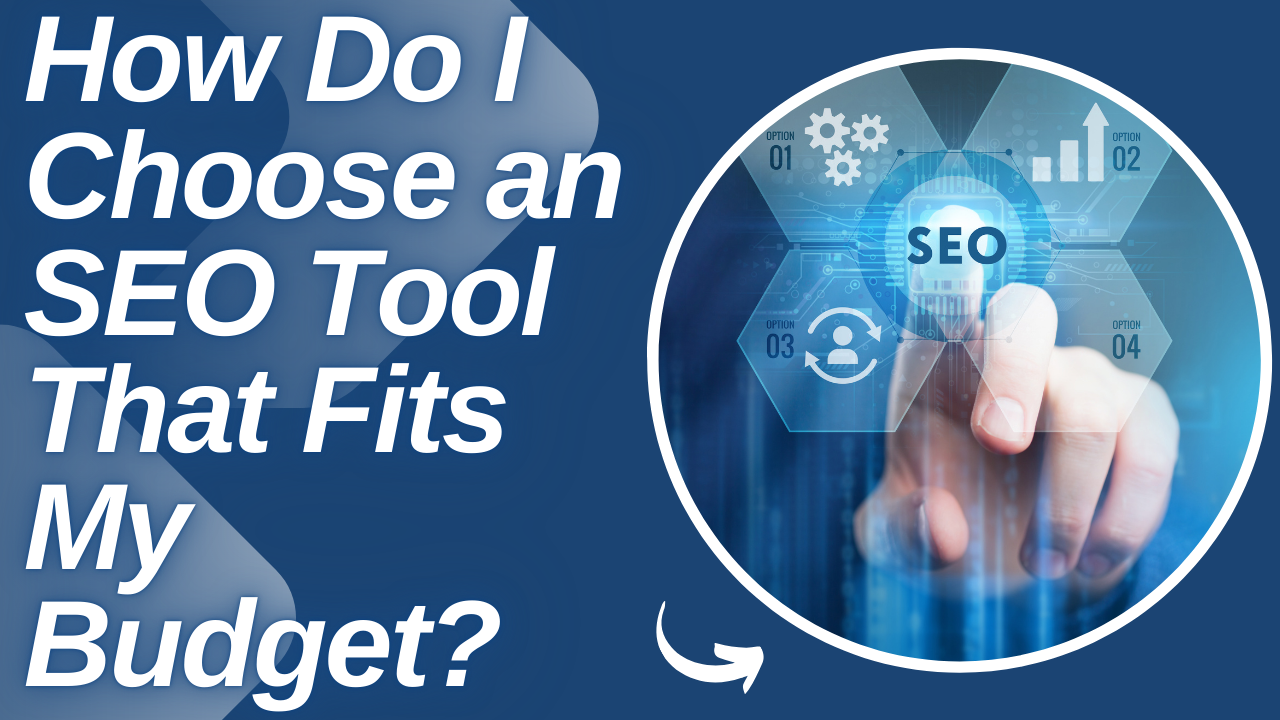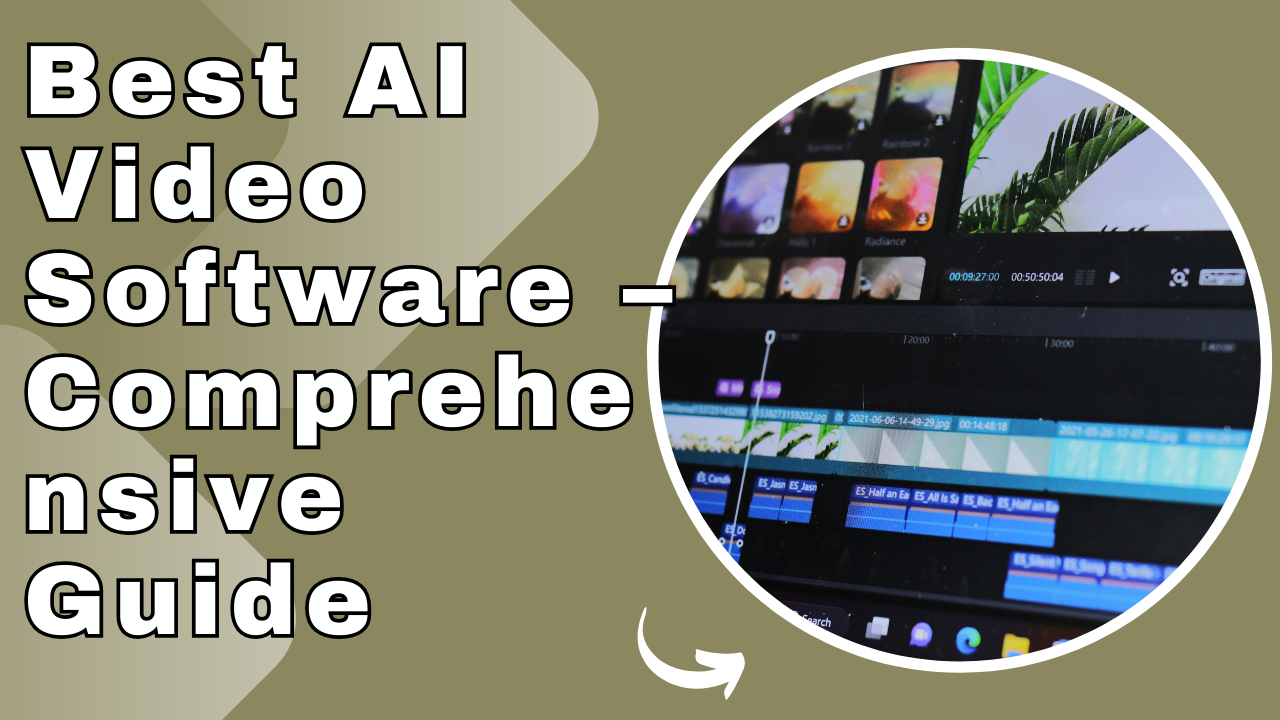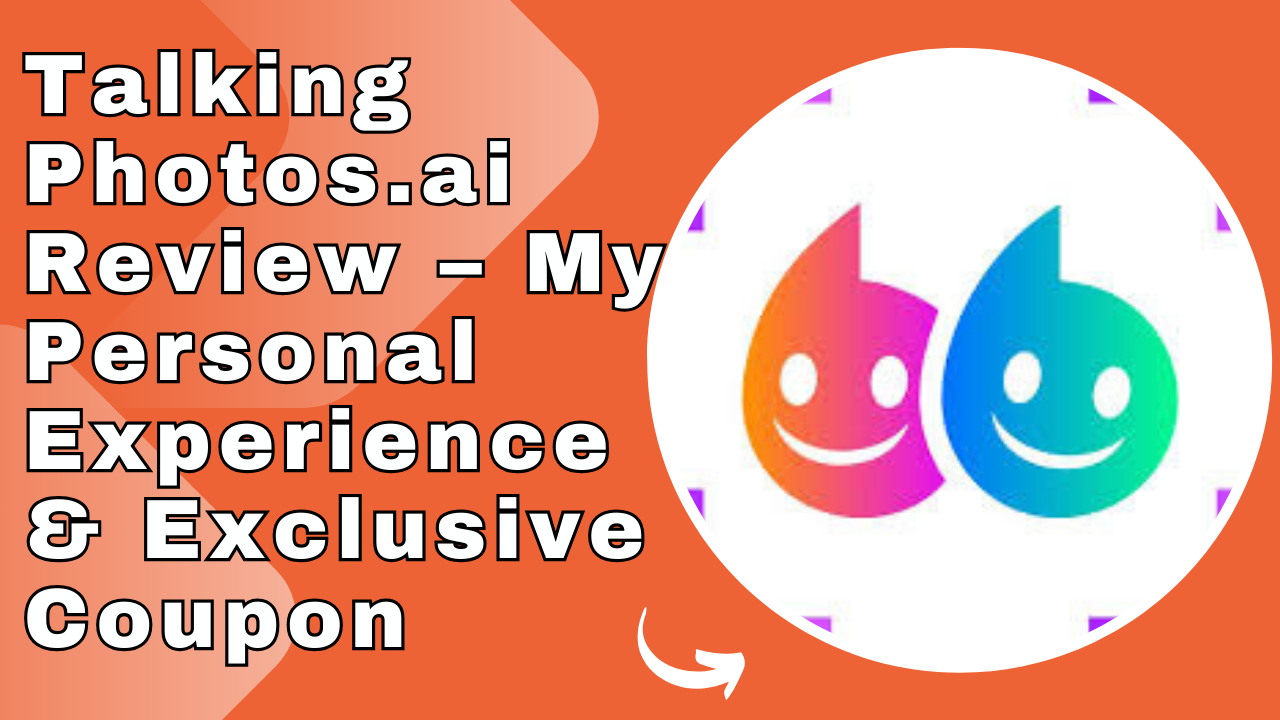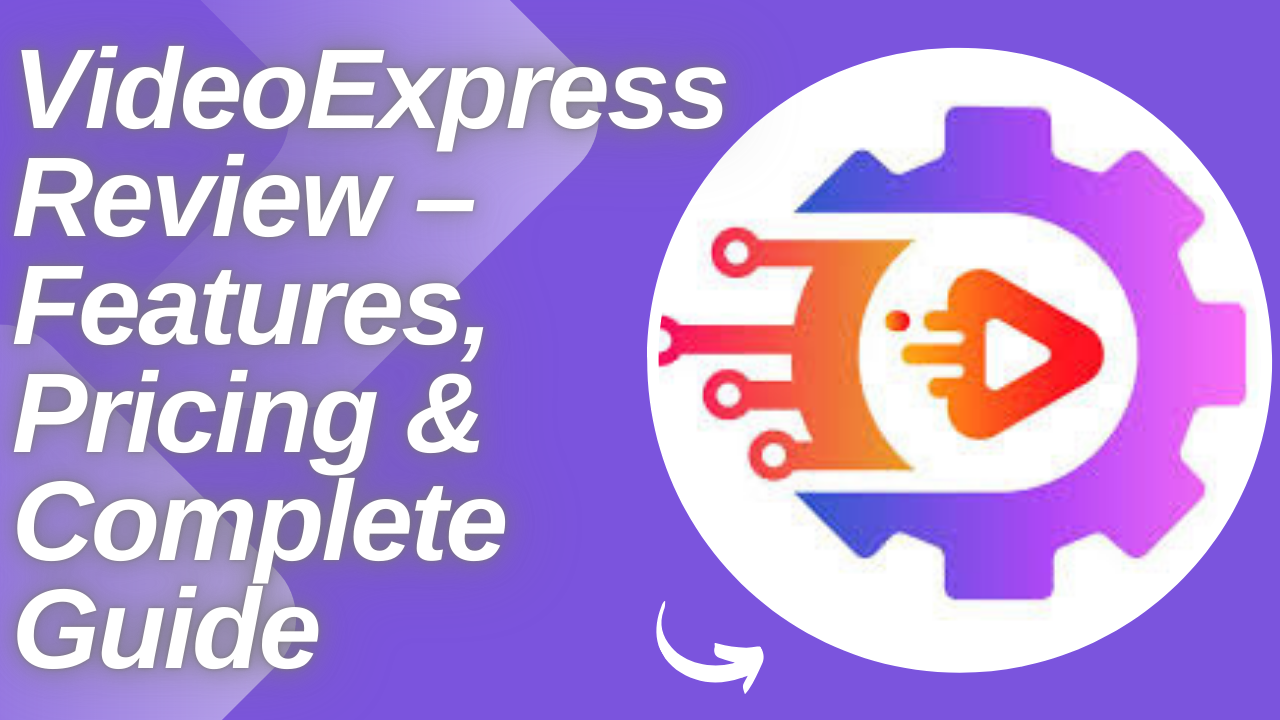Search Engine Optimization (SEO) has become the backbone of digital marketing. Whether you are a blogger, a freelancer, a small business owner, or running an established company, your online visibility largely depends on how well you optimize your website for search engines. And in this journey, SEO tools play a vital role.
But here lies the real challenge: with hundreds of SEO tools available in the market, ranging from free options to premium software costing hundreds of dollars per month, how do you choose the one that truly fits your budget? Do you really need to spend big money, or can you get by with cheaper alternatives?
This detailed guide will help you make the right decision. By the end, you’ll know what features matter, which tools suit your goals, and how to strike the perfect balance between cost and results.
Why Do You Need an SEO Tool in the First Place?
Some beginners often wonder: “Do I really need an SEO tool, or can I just learn SEO and do it manually?” Technically, yes—you can attempt SEO without tools. You can search for keywords by typing queries into Google, track rankings manually by checking where your site appears, and even analyze competitors by browsing their websites.
However, this approach is not practical in the long run. SEO is a data-driven process, and without tools, you would spend countless hours collecting, tracking, and analyzing information. SEO tools simplify this by providing you with structured insights, accurate data, and actionable recommendations.
For example:
- Instead of guessing what keywords people are searching for, an SEO tool shows you keyword search volumes and competition levels.
- Instead of checking every page manually for errors, an SEO tool audits your site and points out technical problems.
- Instead of hiring researchers to spy on competitors, SEO tools instantly show you their backlinks, keywords, and strategies.
In short, SEO tools save time, reduce guesswork, and help you make smarter marketing decisions.
Mistakes People Make While Choosing SEO Tools
Before we dive into budgets and recommendations, it’s important to know the common mistakes that lead to wasted money.
- Choosing the most expensive tool just because it’s popular
Many beginners believe that unless they subscribe to tools like Ahrefs or Semrush, they cannot do proper SEO. While these tools are powerful, not every user needs all their features. - Relying only on free tools
Free tools are great for learning and experimenting, but they have limitations. If your business depends heavily on SEO, relying only on free tools may slow your growth. - Not matching tools with business goals
A local bakery in Mumbai does not need a massive backlink database worth thousands of rupees per month. On the other hand, a digital agency managing multiple clients may absolutely need such data. - Overlapping subscriptions
Some people subscribe to multiple tools offering the same features. For example, paying for both SEMrush and Ahrefs just for keyword research is often unnecessary.
Step-by-Step Guide: How to Choose an SEO Tool That Fits Your Budget
Step 1: Identify Your SEO Goals
The first step is to ask yourself: What do I want from an SEO tool? Your goals will directly influence your choice.
- Bloggers usually need keyword research and rank tracking.
- Agencies require site audits, competitor analysis, and client reporting.
- Local businesses focus more on Google My Business insights and local keyword tracking.
- E-commerce websites often need technical SEO and product keyword optimization.
Step 2: Set a Realistic Budget
Think of SEO tools as an investment, not an expense. Ranking for just one high-value keyword can bring leads and sales worth far more than the tool’s cost.
- Beginners and freelancers: up to $20 (₹1,600) per month
- Small businesses: $20 – $80 (₹1,600 – ₹6,500) per month
- Agencies and enterprises: $100+ (₹8,000+) per month
Step 3: Compare Features with Costs
List the features you need most. For instance, if backlinks are not your priority right now, you don’t need to pay for a premium backlink checker. Focus only on the essentials.
Step 4: Try Before You Buy
Almost all SEO tools offer free trials. Make the most of them. Test whether the tool is user-friendly, whether it gives data relevant to your business, and whether the features justify the cost.
Step 5: Start Small and Scale Up
You don’t need to invest in the biggest plan right away. Begin with a smaller package and upgrade later when your needs grow.
Best SEO Tools for Every Budget
Free SEO Tools (Good for Beginners)
- Google Keyword Planner – Keyword ideas directly from Google.
- Google Search Console – Essential for tracking clicks, impressions, and indexing issues.
- Ubersuggest (Free Version) – Offers basic keyword data and competitor insights.
- AnswerThePublic – Provides keyword questions and content ideas.
Best suited for: Students, hobby bloggers, and those just starting out.
Affordable SEO Tools (Under $50 per Month)
- Mangools (KWFinder) – Beginner-friendly keyword research tool.
- Serpstat – Affordable all-in-one tool with site audit and keyword data.
- SE Ranking – Offers flexible pricing, rank tracking, and reports.
- Ubersuggest (Paid Plan) – More features at a reasonable price.
Best suited for: Freelancers, small businesses, and bloggers growing steadily.
Premium SEO Tools ($99 and Above per Month)
- Moz Pro – Known for Domain Authority (DA) and user-friendly interface.
- Ahrefs – Best for backlink research and competitor analysis.
- Semrush – A complete suite for SEO, PPC, and social media tracking.
- Screaming Frog – Great for technical SEO audits (one-time license fee).
Best suited for: Agencies, enterprises, and advanced SEO professionals.
Real-World Scenarios
- A food blogger in India might use Google Keyword Planner and Ubersuggest ($12/month) to find recipe-related keywords and track rankings.
- A local salon in Mumbai may use Moz Local ($129/year) to optimize their Google Business Profile and attract nearby customers.
- A digital agency handling multiple clients could rely on Semrush ($129/month) to deliver detailed SEO reports and manage campaigns.
These examples show that the right tool depends more on your needs than your budget.
Free vs Paid SEO Tools: Which Should You Choose?
Free SEO tools are perfect for learning, testing, and starting out. But they come with limitations in terms of data, searches, and insights.
Paid SEO tools provide detailed analytics, larger databases, and automation features that save hours of manual work. They are a must for anyone serious about growing traffic, leads, and sales.
The smart approach is to start free, learn the basics, and gradually move to paid tools once your business starts generating revenue.
The Role of AI in Modern SEO Tools
AI has transformed the way SEO tools work. Modern platforms now:
- Predict keyword trends before they peak
- Generate content optimization ideas instantly
- Automate audits and explain errors in plain English
This means even budget-friendly tools are becoming smarter, offering value previously limited to expensive software.
Frequently Asked Questions (FAQs)
1. What is the cheapest SEO tool?
Tools like Ubersuggest and Mangools are among the most affordable, starting under $20 per month.
2. Can I succeed with only free SEO tools?
Yes, especially in the beginning. But scaling up usually requires at least one paid tool.
3. Should I buy multiple SEO tools?
Not unless you need unique features. Many tools overlap in functionality.
4. Do expensive tools guarantee success?
No. Tools only provide data. Your strategy and execution matter more.
5. What if my budget is zero?
Start with Google Search Console and Keyword Planner. They are free and reliable.
Final Verdict: Choose Smart, Not Expensive
The biggest mistake is thinking that the most expensive tool automatically guarantees success. The truth is, the best SEO tool is the one that aligns with your business goals, fits your budget, and provides insights you will actually use.
Start with free or affordable tools, experiment, and grow. As your website scales and you see results, consider investing in more advanced tools to accelerate growth.
Remember, SEO success depends less on the tool you use and more on how consistently and strategically you apply the insights.








